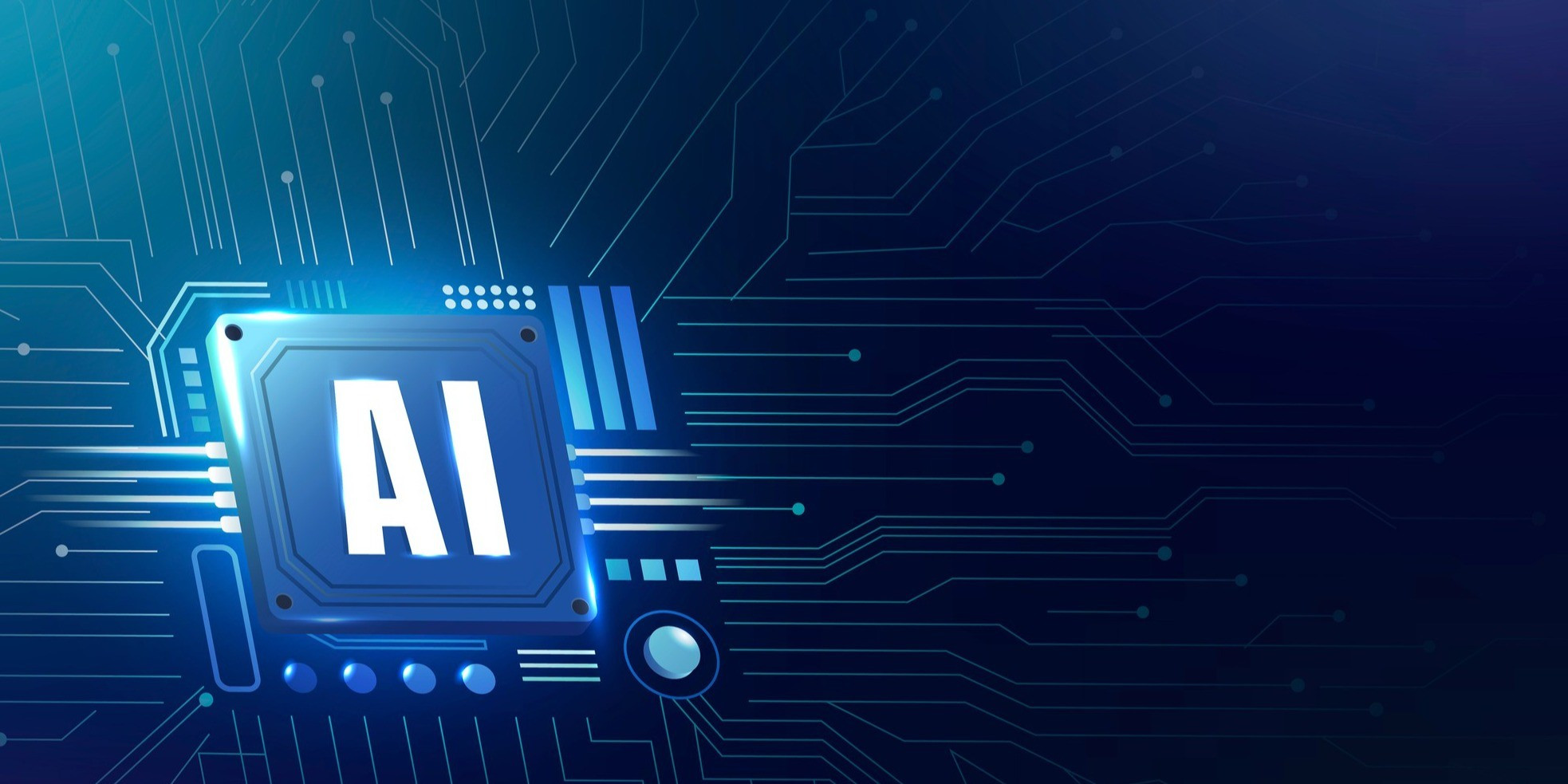
The State of Artificial Intelligence Today: Trends, Challenges, and Opportunities
Artificial Intelligence (AI) has transitioned from a futuristic concept to an integral part of our daily lives. It is now embedded in various aspects of modern society, influencing how we live, work, and interact. From healthcare and finance to entertainment and transportation, AI's applications are diverse and its impact profound. This article explores the current state of AI, its key trends, challenges, and the opportunities it presents.
Key Trends in Artificial Intelligence
Advancements in Machine Learning and Deep Learning Machine Learning (ML) and Deep Learning (DL) continue to drive AI innovation. These technologies enable computers to learn from data and improve their performance over time without explicit programming. Recent breakthroughs in neural networks have led to significant improvements in natural language processing (NLP), computer vision, and speech recognition. For instance, OpenAI's GPT-4 has demonstrated remarkable capabilities in generating human-like text, enhancing tools for content creation, customer service, and more.
AI in Healthcare AI is revolutionizing healthcare by improving diagnostics, personalizing treatment plans, and predicting patient outcomes. Machine learning algorithms analyze medical data to identify patterns that might be missed by human clinicians. AI-driven tools assist in early disease detection, radiology, and even robotic surgery, providing more accurate and efficient healthcare solutions. During the COVID-19 pandemic, AI played a crucial role in tracking the virus's spread, developing vaccines, and managing healthcare resources.
Autonomous Systems Autonomous systems, including self-driving cars and drones, are becoming more prevalent. Companies like Tesla, Waymo, and Amazon are investing heavily in autonomous technology. These systems rely on AI for real-time decision-making, navigation, and obstacle avoidance. While fully autonomous vehicles are not yet widespread, advancements in AI are paving the way for safer and more efficient transportation solutions.
AI Ethics and Regulation As AI technologies become more powerful, ethical considerations and regulatory frameworks are gaining importance. Issues such as bias in AI algorithms, data privacy, and the potential for job displacement are being actively debated. Governments and organizations are working to establish guidelines and standards to ensure that AI is developed and deployed responsibly. The European Union's AI Act and the AI initiatives by the US Federal Trade Commission are examples of efforts to regulate AI.
AI in Creative Industries AI is making significant inroads into creative fields like art, music, and literature. AI algorithms can generate artwork, compose music, and write poetry, challenging traditional notions of creativity. Tools like DALL-E, an AI model that creates images from textual descriptions, and Amper Music, which assists in composing music, are examples of AI's creative potential. These technologies are not only augmenting human creativity but also democratizing access to creative tools.
Challenges Facing AI
Data Quality and Availability AI systems rely heavily on large datasets to learn and make accurate predictions. However, obtaining high-quality, diverse, and unbiased data remains a significant challenge. Poor data quality can lead to inaccurate models and biased outcomes, undermining the trust in AI applications.
Computational Power Training complex AI models requires substantial computational resources. The energy consumption and environmental impact of large-scale AI models are growing concerns. Researchers and companies are exploring ways to develop more energy-efficient algorithms and leverage advanced hardware, such as quantum computing, to overcome these limitations.
Security and Privacy The integration of AI into critical systems raises concerns about security and privacy. AI systems are vulnerable to adversarial attacks, where malicious actors manipulate input data to deceive AI models. Ensuring the robustness and security of AI systems is crucial, especially in sensitive applications like healthcare, finance, and national security.
Ethical Considerations The ethical implications of AI are a major concern. AI systems can perpetuate existing biases present in training data, leading to discriminatory outcomes. Ensuring fairness, transparency, and accountability in AI systems is essential to mitigate these risks. Additionally, the potential for AI to replace human jobs raises questions about the future of work and the need for reskilling and education.
Opportunities Presented by AI
Enhanced Decision-Making AI's ability to analyze vast amounts of data and identify patterns offers significant benefits in decision-making across various sectors. In finance, AI models can predict market trends and optimize trading strategies. In healthcare, AI can assist in diagnosing diseases and recommending personalized treatment plans. Businesses are leveraging AI to enhance customer experiences, optimize supply chains, and improve operational efficiency.
Personalized Experiences AI enables the creation of personalized experiences in entertainment, retail, and education. Streaming services like Netflix and Spotify use AI algorithms to recommend content based on user preferences. E-commerce platforms use AI to provide personalized product recommendations, improving customer satisfaction and increasing sales. In education, AI-driven adaptive learning systems tailor educational content to individual student needs, enhancing learning outcomes.
Scientific Discovery AI is accelerating scientific research and discovery. In drug discovery, AI models predict the efficacy of potential drugs and identify new drug candidates, significantly reducing the time and cost of developing new treatments. AI is also being used in climate science to model and predict climate changes, helping to address global challenges such as climate change and environmental sustainability.
Improved Accessibility AI technologies are improving accessibility for individuals with disabilities. Speech recognition and natural language processing enable the development of voice-activated assistants and transcription services. Computer vision aids in developing tools for the visually impaired, such as object recognition and navigation assistance. These advancements are enhancing the quality of life and enabling greater independence for people with disabilities.
Conclusion
The state of AI today is marked by rapid advancements, significant opportunities, and substantial challenges. As AI continues to evolve, it is essential to address ethical, security, and regulatory concerns to ensure its responsible and equitable development. The potential benefits of AI are immense, offering enhanced decision-making, personalized experiences, scientific breakthroughs, and improved accessibility. By fostering collaboration between researchers, policymakers, and industry leaders, we can harness the power of AI to create a better future for all.


0 Comments